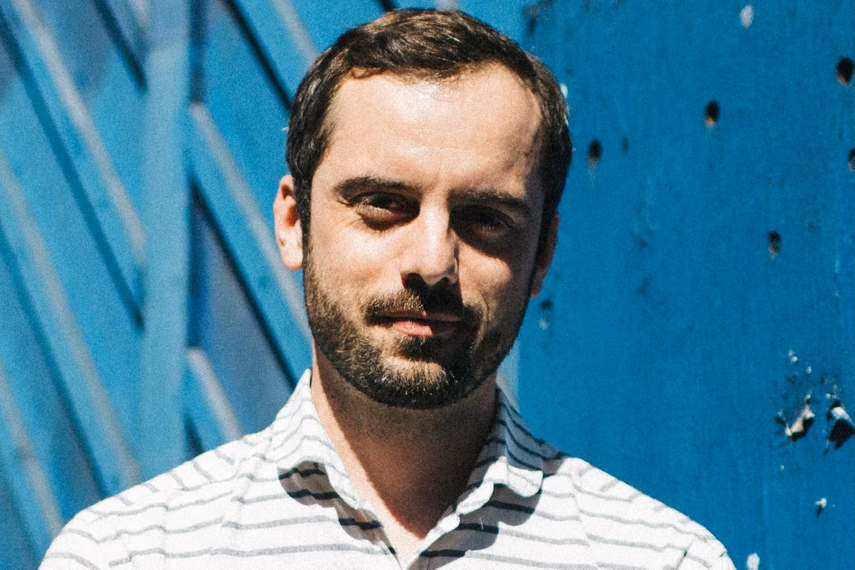
Please sign in or register
Existing users sign in here
Having trouble signing in?
Contact Customer Support at
[email protected]
or call+852 3175 1913
McCann is repitching for the Saudi oil and gas major Aramco; The Glimpse Collective's founder poses five burning questions for the agency's CEO.

Contact Customer Support at
[email protected]
or call+852 3175 1913
Top news, insights and analysis every weekday
Sign up for Campaign Bulletins
Ogilvy APAC celebrated a strong creative year in 2024, clinching top regional honours at Cannes Lions. Yet operational headwinds, particularly in China, tested its resilience and reshaped its growth strategy.
Ogilvy and UM win global network of the year awards for creative and media respectively, while Special agency in New Zealand earns Asia-Pacific network of the year.
Apple’s new Japan campaign tells the real-life story of a heavy metal fan whose Apple Watch alerts help detect a life-threatening heart condition just in time.
A ubiquitous surname, a sexually transmitted infection, the printing of memories and an animal god that helps gamers might all bring fame glory to campaigns in Cannes next week.